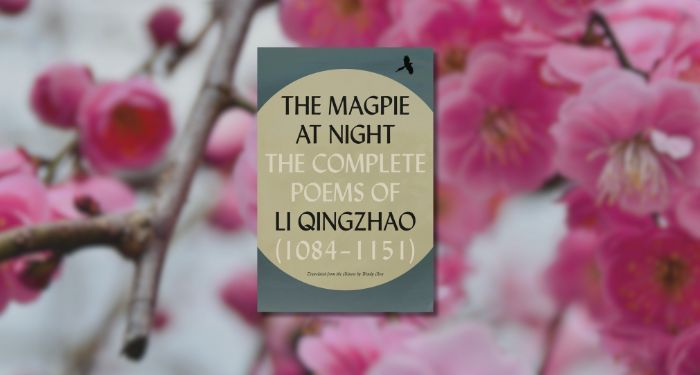Now Reading: This Poetry Collection Soothed My Frazzled Nerves
-
01
This Poetry Collection Soothed My Frazzled Nerves
This Poetry Collection Soothed My Frazzled Nerves

This post contains affiliate links. If you make a purchase through these links, we may earn a commission.
S. Zainab likes to consider herself as someone who writes passionately, but the thought of bleeding ink makes her feel lightheaded. She specializes in fantasy and horror genres and is currently holding onto a manuscript while navigating through darkness. You can find her on Twitter: @sainabwilliams.
I often find myself descending into the lengthy, dark abyss of uncertainty, delving into the anxious corners of my mind. This experience can be draining and detrimental to one’s well-being. Throughout time and with the help of therapy, I’ve discovered several reliable coping mechanisms that work for me – such as creative writing, exercising, reading until I’m too exhausted to overthink, and watching mindless TV at night. The key is to find a quick distraction, especially during busy workdays, to divert my attention and break the spiral. I believe I have found it. Reading a specific type of poetry has become a soothing escape for me, providing a positive diversion. This particular collection has sparked my newfound routine.
“The Magpie at Night: The Complete Poems of Li Qingzhao (1084-1151)” translated by Wendy Chen is the collection that resonated with me. Although I have encountered poetry similar to what I found in this book, the familiarity drew me in, akin to the comfort I find in Emily Dickinson’s poems, especially in their contemplation of nature. The verses about plum blossoms, faded red petals, or the melancholy of autumn in Li Qingzhao’s works evoke a sense of tranquility, like a gentle breeze across a serene lake.
Authors like Dickinson, Qingzhao, and Mary Oliver have established a tradition of turning poetry reading into a meditative practice. Qingzhao’s concise and straightforward poetry makes this practice accessible even for someone like me, who isn’t seeking profound meanings but rather desires to absorb the words and relieve tension. Despite being penned centuries ago, Qingzhao’s introspective poems do not demand extensive historical knowledge before diving in. However, understanding the author and their era can offer valuable context and perspective on the poems. Li Qingzhao, an intriguing and pioneering writer, is certainly worth exploring.
I approached this collection with an open mind, not anticipating it to be a solace during troubled times. Surprisingly, Li Qingzhao’s vivid imagery lifted me from my woes, providing a respite and a sight of beauty to carry me through.
In Reading Color – A weekly newsletter spotlighting literature by and about people of color!
The comments section is monitored in line with our community guidelines. Please review them to help us maintain a safe and supportive reader community.






